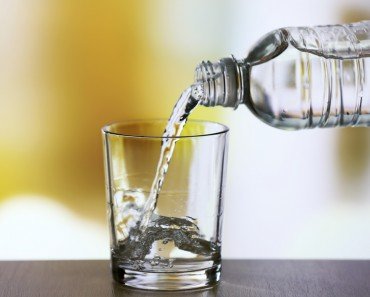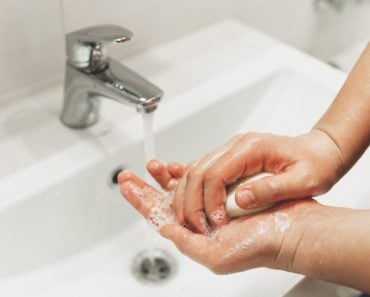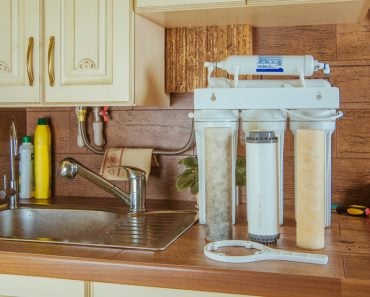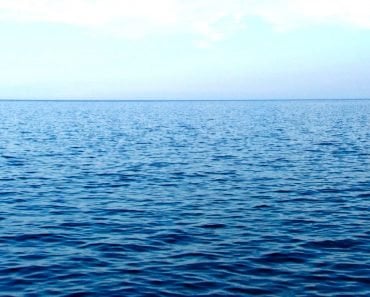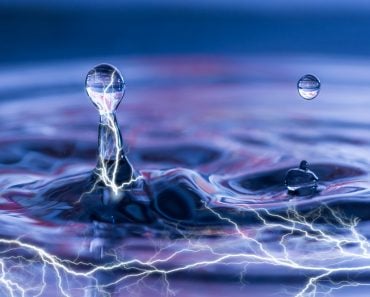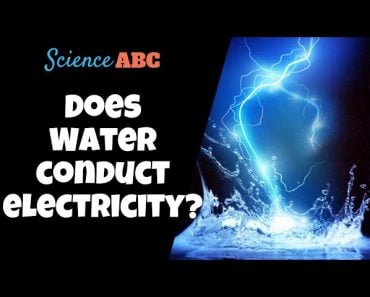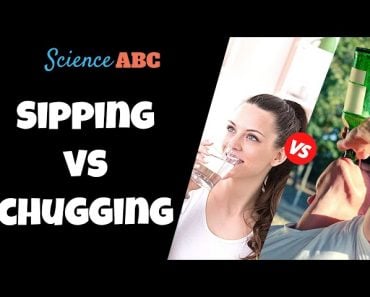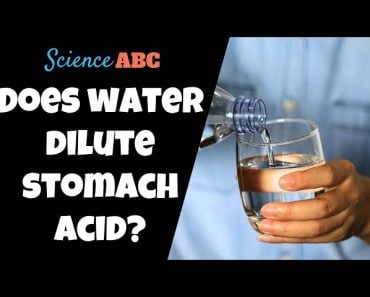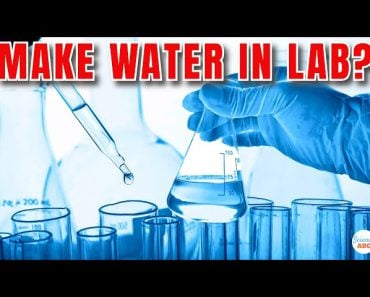Chlorine is so important for swimming pools because it helps to decontaminate the water. Chlorine in the form of hypochlorous acid or hypochlorite ions cleanses the water by attacking the lipids in the cell walls of bacteria and other microorganisms. Furthermore, chlorine also attacks structures and enzymes inside bacterial cells, thus making them utterly harmless.
In the past, there were many times when humans’ knowledge of chemical reactions was not nearly as profound as it is now. Those were also the times when we drank water wherever we found it (lakes, streams etc), experimented dangerously with what we ate, and wore clothes that nature ‘provided’. All of these basic activities were done without significant fear of serious consequences. One simply never thought of questions like, ‘What if the water I’m drinking is contaminated?’ or ‘What if the food I’m eating is full of germs and bacteria?’
Granted, cavemen didn’t have a deep understanding of “contamination”, germs, or bacteria, but now that we have the wealth of scientific knowledge behind us, we do ask these questions, which is a very good thing. Continuing with the same trend, have you ever thought about whether the pool that you swim in is pure water or plagued with impurities?
Recommended Video for you:
Water Purity In Swimming Pools

There are a number of ways in which the water in your swimming pool can become contaminated. The contaminants are primarily environmental or caused by humans; environmental contaminants include windblown dust and debris, rain containing microscopic algae spores, and incoming water from unsanitary sources. If it’s an indoor swimming pool, then the chances of environmental contamination are obviously lower. Water can also be contaminated by humans through sweating, cosmetic substances, saliva, urine and other undesirable materials.
Chlorine To The Rescue
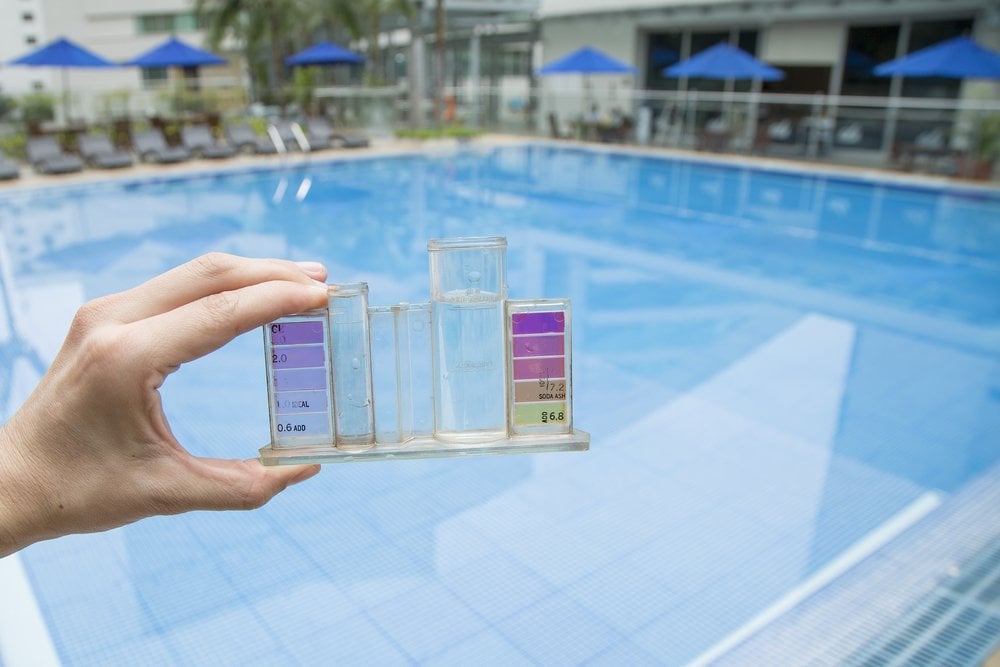
It’s crucial that the water in your swimming pool is regularly treated and high levels of hygiene must be maintained in the water. In order to do that, a process called ‘water chlorination’ is done. A chlorine solution is added to the water, which then breaks down into a number of chemical compounds that mainly include hypochlorous acid (HOCl) and hypochlorite ions.
For maximizing the cleansing potential of chlorine, it is important that the pH of the pool water is neither too high nor too low. The ideal range of swimming pool water is pH is 7 to 8.4, but 7.4 is the specific ideal value.
What’s So Special About Chlorine As A Decontaminating Agent?
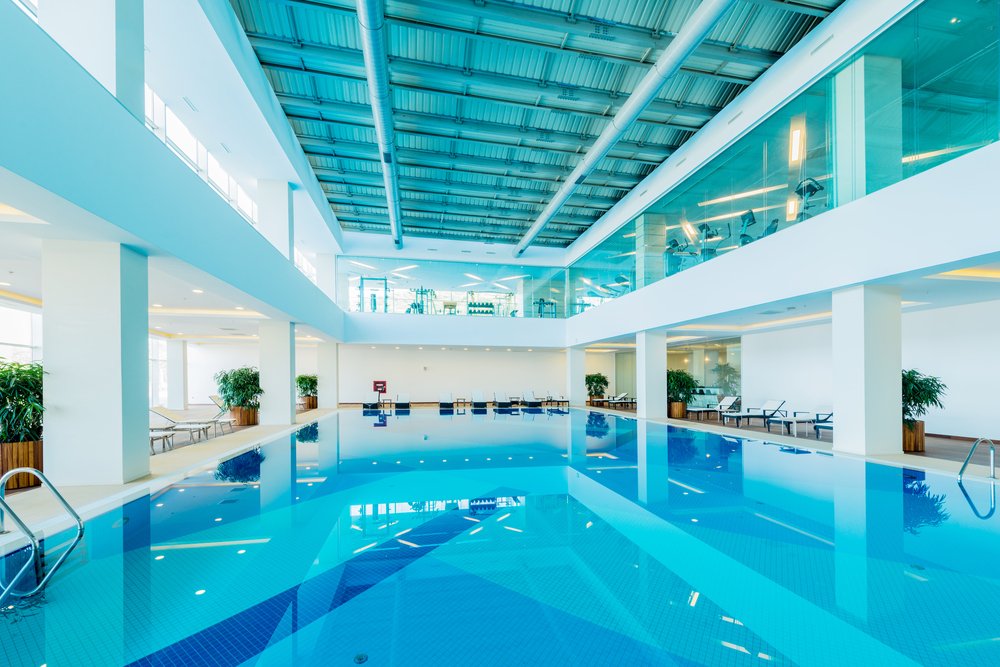
Chlorine’s importance is all about some very basic chemical reactions. Chlorine in the form of hypochlorous acid or hypochlorite ions cleanses the water by attacking the lipids in the cell walls of bacteria and other microorganisms. Furthermore, chlorine also attacks structures and enzymes inside bacterial cells, thus making them utterly harmless. Since microorganisms and germs pose a significant threat in swimming pool water, chlorine does an exceptional job of wiping them out and making the water acceptable for human use.
Is Chlorine An Irritating Agent?
While chlorine undeniably helps in decontaminating the water, the potential drawbacks of treating pool water with chlorine cannot be ignored. It has a very sharp, distinctive smell that is not particularly appealing to many people, and it can also cause itching of the skin, which is thoroughly irritating to swimmers. Hypochlorite ions can also stick to fabrics if not rinsed immediately after leaving the pool. This is the reason why the colors of swimsuits fade rather quickly. At unusually high levels, chlorine can even cause breathing problems and be hazardous to human health.
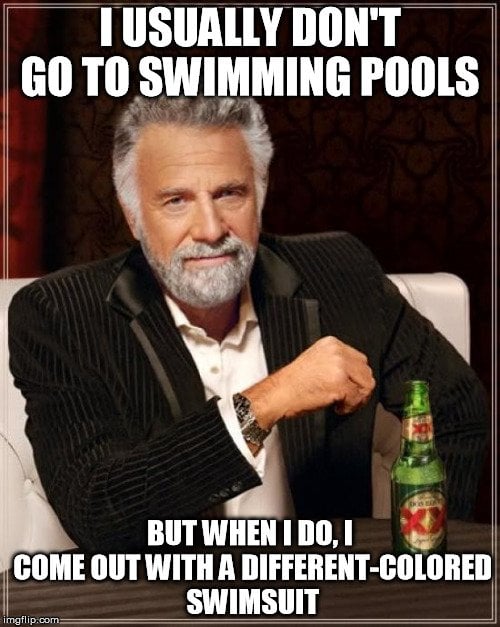
It’s important that a regulated amount of chlorine is added to pool water to ensure that its cleansing potential is maximized without compromising human health. However, you should make a point to thank chlorine next time you enjoy that backstroke, because that special little substance is working its heart out while you splash around in the summer sun!



